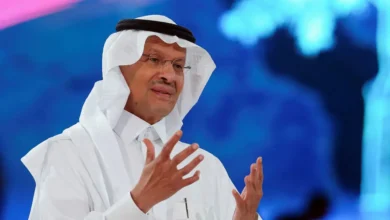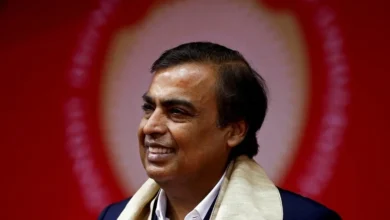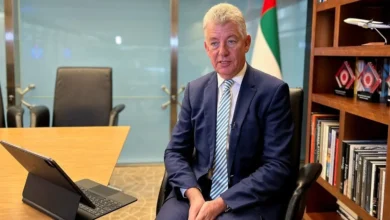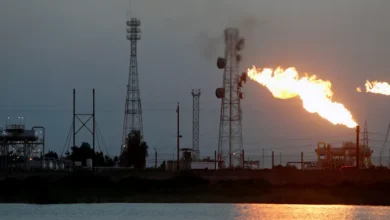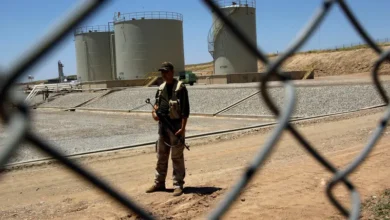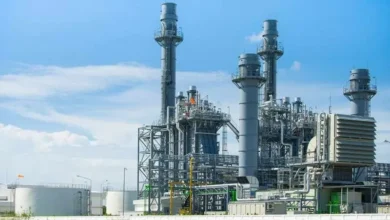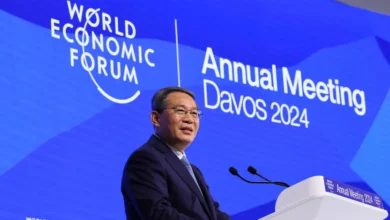Public-private alliance key to renewable energy transition in Saudi: Ministry adviser
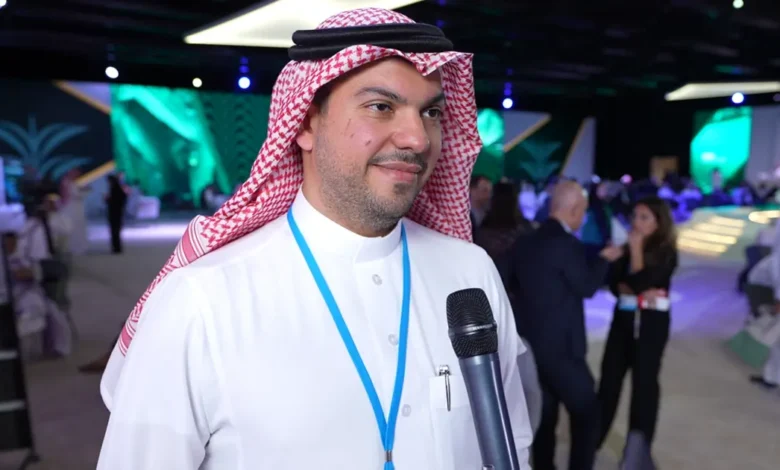
Public-private partnerships are a key trait of Saudi Arabia’s transition to renewable energy sources as it taps into its natural resources to fuel the shift, a senior adviser to the Saudi Ministry of Energy told Al Arabiya English.
“We sign power purchase agreements with developers that span up to 20 to 25 years between the government and the private sector,” said Muneef al-Muneef in a video interview with Al Arabiya English.
Power purchase agreements are long-term contracts with energy providers and in Saudi Arabia’s case, the government, during which time the cost of consuming energy is capped for the duration of the contract.
He said these partnerships “play a pivotal role in helping decarbonization efforts in the Kingdom.”
“The challenge then is how much we can execute in a short period of time,” the official said.
Saudi Arabia, an oil-producing nation that heavily relies on fossil fuels to support its economy, hopes to source half its energy needs from renewable sources by 2030. It currently has 22.8 gigawatts of renewable energy projects under different stages of development.
“I can definitely attest to the Kingdom’s efforts in terms of trying to achieve and execute as many projects as possible in order to help achieve its Paris climate agreement ambitions,” al-Muneef said.
In 2016, the Kingdom ratified the climate agreement, and aiming to reach net zero emission by 2060. And like many Gulf nations, Saudi Arabia too is leaning on a renewable energy transition goal.
“We think the energy transition is an important aspect in the Kingdom’s decarbonization efforts,” al-Muneef said, adding that the target is “definitely achievable.”
Saudi Arabia is hosting the MENA Climate Week in Riyadh until Thursday, bringing together regional partners and youth voices ahead of the upcoming COP28 climate conference in Dubai.

